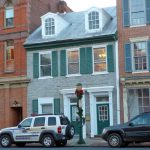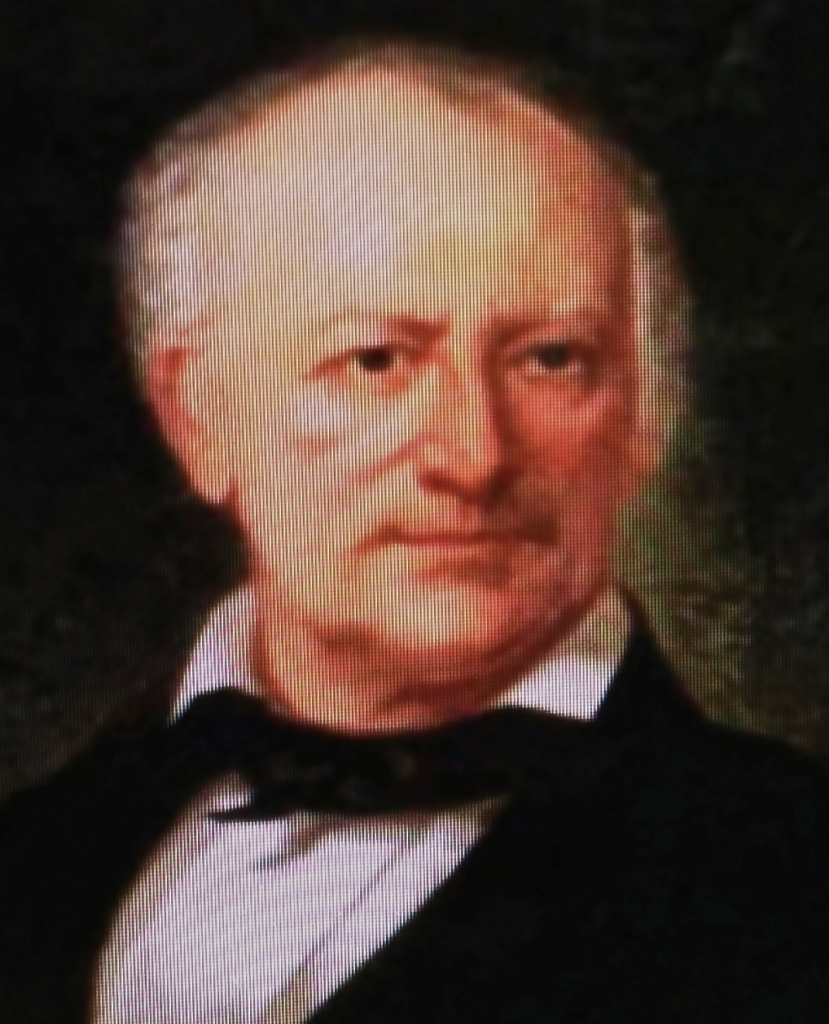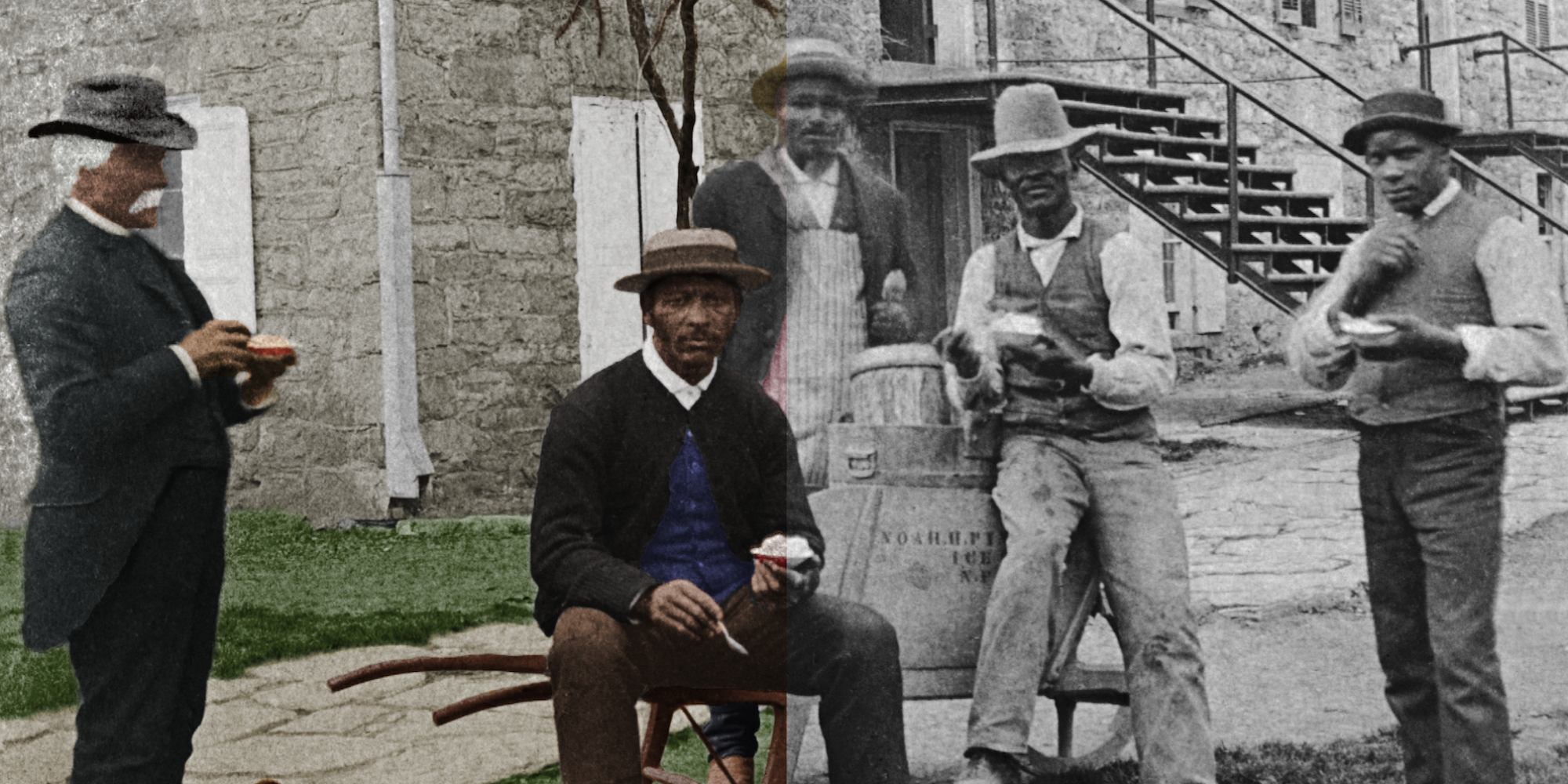PUBLIC MEMORY AT DICKINSON
 There is practically no mention of Stephen Duncan (Class of 1805) anywhere at Dickinson College, even though he became one of the largest slaveholders in American history. Duncan’s father receives some notice in college publications because he was a charter trustee and prominent resident of Carlisle. Yet even in Carlisle, where the Duncan home still stands on East High Street, there is no public acknowledgement of the family’s prominence (or extensive slaveholding).
There is practically no mention of Stephen Duncan (Class of 1805) anywhere at Dickinson College, even though he became one of the largest slaveholders in American history. Duncan’s father receives some notice in college publications because he was a charter trustee and prominent resident of Carlisle. Yet even in Carlisle, where the Duncan home still stands on East High Street, there is no public acknowledgement of the family’s prominence (or extensive slaveholding).
BRIEF PROFILE
Members of the Duncan family of Carlisle were influential backers of Dickinson College from the very beginning. Stephen Duncan’s grandfather, also named Stephen Duncan, was a founding trustee. Two of his sons (Thomas and James Duncan) later served as secretaries of the board. Yet another son, John Duncan, married into the Postlethwaites, one of Carlisle’s wealthiest slaveholding families. John died as the result of a duel in 1793. One of his sons, the younger Stephen Duncan, was the family member who found the greatest wealth, as a planter in Mississippi. Not long after graduating from Dickinson in 1805, Duncan settled on about 2,000 acres that were owned by his family on the Mississippi River, just below Natchez. At this plantation, Duncan grew sugar and cotton and eventually amassed an even larger fortune in slaves and land. He became an influential Mississippi backer of the American Colonization Society, which promoted the removal of freed American blacks to Liberia, a colonial settlement in West Africa. Under his leadership during the 1830s, the Mississippi Colonization Society removed 571 African-Americans to Liberia. Duncan tried to avoid politics during the growing sectional crisis of the 1840s and 1850s, but he found himself inevitably caught up in the turmoil of the Civil War. Duncan avowed himself as a unionist and tried unsuccessfully to lobby the Lincoln Administration to help him protect his slaveholdings after the Union army occupied large swaths of Mississippi. But appeals from Duncan and his family members largely went unheeded. In late 1863, he left the Confederacy and relocated to New York City where he lived until his death in 1867.
FURTHER READING
- House Divided research engine: Duncan, Stephen
- Brazy, Martha Jane. An American Planter: Stephen Duncan of Antebellum Natchez and New York. Baton Rouge: LSU Press, 2006.
IMAGE GALLERY


